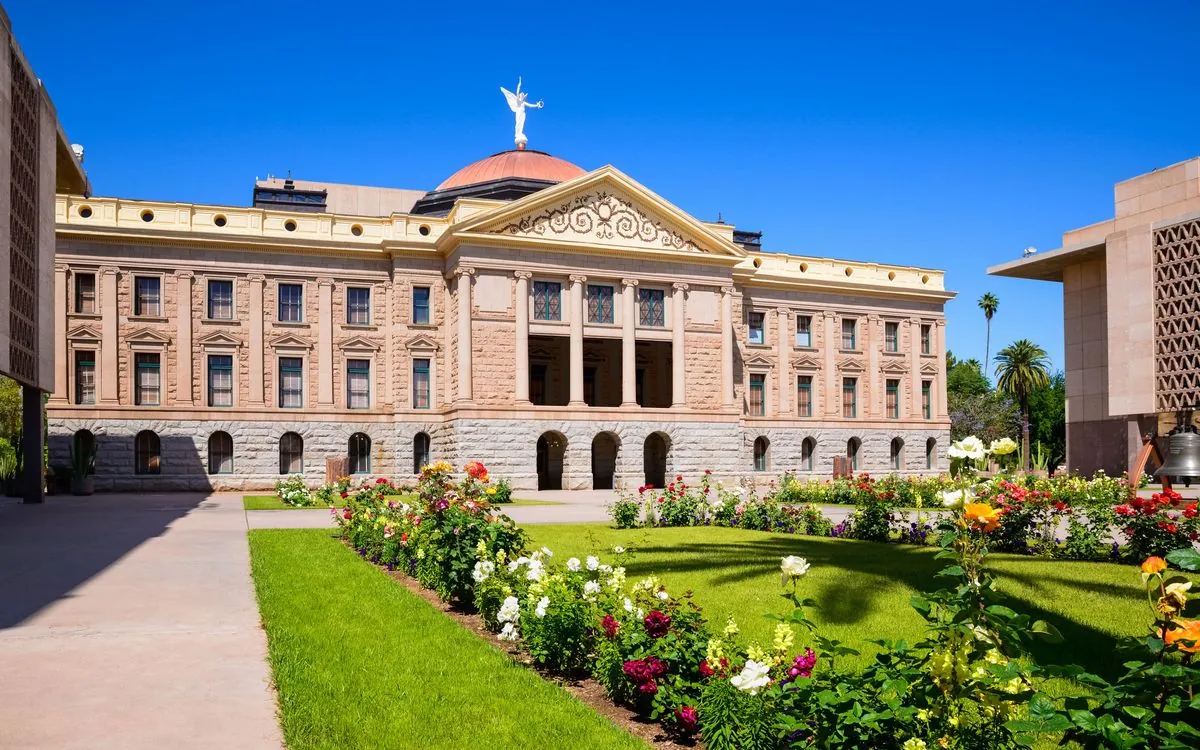In a development that could significantly impact upcoming elections in Arizona, a database error has been identified that may prevent approximately 97,000 voters from participating in state and local races. This issue, affecting about 2.5% of all registered voters in the Grand Canyon State, has sparked a debate among election officials just days before the mailing of ballots to uniformed and overseas voters.
The error stems from a coding issue in the state's voter registration system, which incorrectly classified certain voters as eligible for full ballot access. Arizona, unique among U.S. states, requires proof of citizenship for participation in state and local elections. Drivers' licenses issued after October 1996 are considered valid proof of citizenship. However, the system erroneously marked 97,000 voters who obtained licenses before this date as full-ballot voters.
Adrian Fontes, the Democratic Secretary of State, and Stephen Richer, the Republican recorder for Maricopa County, have expressed differing views on how to address this situation. Richer has filed a special action with the state Supreme Court, seeking clarification on whether these voters should be limited to federal races only. In contrast, Fontes argues that these long-time Arizona residents, predominantly Republicans, should have full voting rights.
This discrepancy could have far-reaching consequences, particularly in closely contested races for the state legislature, where Republicans currently hold a slim majority. Additionally, it may affect the outcome of crucial ballot measures, including those related to abortion rights and immigration policies.
"It is my position that these registrants have not satisfied Arizona's documented proof of citizenship law, and therefore can only vote a 'FED ONLY' ballot."
Arizona's unique voting requirements highlight the state's complex political landscape. As the sixth largest state by area in the U.S., Arizona has a rich history and diverse population, including 22 federally recognized Native American tribes. The state's economy, traditionally based on the "5Cs" (copper, cattle, cotton, citrus, and climate), has evolved to include a significant focus on tourism, partly due to natural wonders like the Grand Canyon.
As this situation unfolds, it underscores the importance of accurate voter registration systems in maintaining the integrity of elections. With Arizona's status as a battleground state and its history of tight races, the resolution of this issue could have significant implications for the upcoming elections and the state's political future.
